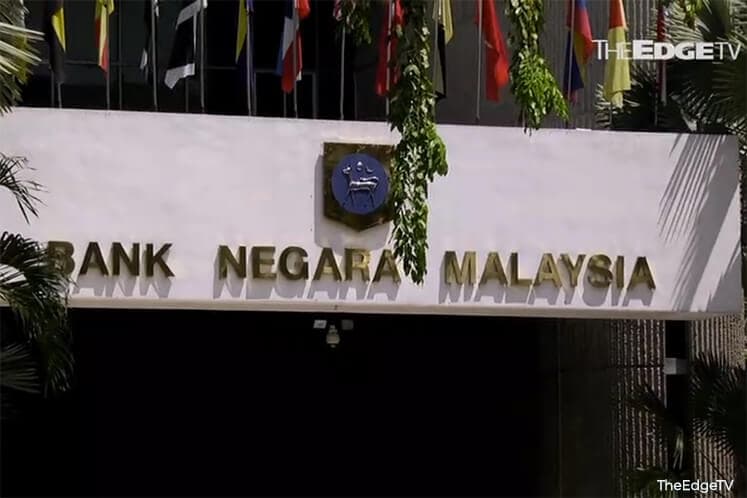
KUALA LUMPUR (April 18): The Malaysian banking industry’s allocation for training and development is still below global benchmarks, said Bank Negara Malaysia (BNM) governor Muhammad Ibrahim.
“Currently, the average annual training expenditure for the banking industry is around 3% of employee payroll, in contrast with international comparisons of around 4% to 4.5%,” he said at the launch of the Asian Banking School’s Cambridge Summer School Programme.
Muhammad said it is, however, not enough to solely focus on outright spending, and equally important is the quality of training investments.
“In short, both the quantity and quality of human capital investment matter. Agility is also a key aspect,” he said, adding that human capital investment must adapt and evolve with its operating environment.
Muhammad said the financial technology (fintech) wave has taught an important lesson that opportunity favours the bold and well-prepared.
This is more so in times of change, he added.
Muhammad also stressed on the importance of leadership, saying successful future leaders are no longer those who only steer their institution, but those who can influence and collaborate with others to drive the growth of the industry towards brighter prospects.
“The future of banking lies very much in the collective vision of its leaders,” he said.
Noting that much of the banking industry’s developments in the past have been regulatory-driven, he said this approach is not sustainable.
“Collectively, industry leaders need to be more involved in playing a pivotal role to shape the future banking ecosystem. While it is natural to strive for individual or institutional success, the industry must break away from the tendency of working in isolation, or worse, waiting for others to lead,” he said.
Muhammad said BNM has already identified several priority areas, particularly in the fintech space, which will benefit from greater joint participation by the industry.
“While this is a start, it should not limit the possibility of industry leaders coming together to address other areas of shared interest.
“I certainly hope to see this becoming a norm in the near future. Only through a collaborative approach in the banking industry, can ‘the whole be greater than the sum of its parts’ if I may echo the wise words of Aristotle,” he said.